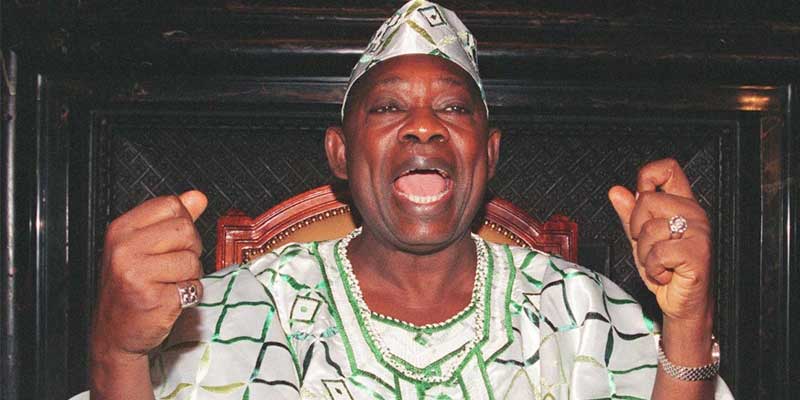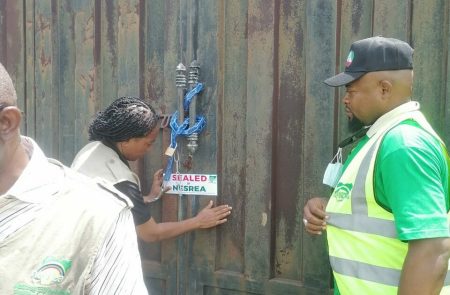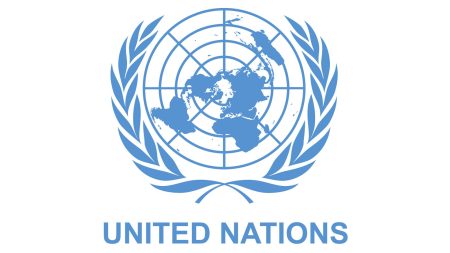The annulment of the June 12, 1993, presidential election, a pivotal moment in Nigeria’s history, continues to cast a long shadow over the nation’s democratic trajectory. Hailed as the freest and fairest election to date, the victory of Chief MKO Abiola was abruptly overturned by then-military president Ibrahim Babangida, plunging the nation into political turmoil and sparking widespread protests. Babangida’s recent attempts to justify his actions, attributing the annulment to safeguarding the judiciary and preventing vote-buying, have done little to assuage the lingering sense of injustice. The ghost of June 12 serves as a stark reminder of the fragility of democratic processes and the persistent challenges facing Nigeria’s political landscape.
The aftermath of the annulment was a period of deep instability and uncertainty. Abiola’s efforts to reclaim his mandate were met with resistance from the military regime, leading to his arrest and detention. The subsequent emergence of the National Democratic Coalition (NADECO), a pro-democracy movement demanding the restoration of Abiola’s mandate, further intensified the political struggle. The military’s heavy-handed response, marked by crackdowns on dissent and human rights abuses, underscored the precarious nature of democratic ideals in the face of authoritarian power. The June 12 crisis laid bare the deep-seated tensions within Nigerian society and the ongoing struggle for true democratic governance.
The transition to civilian rule in 1999, following the death of military ruler Sani Abacha, offered a glimmer of hope for a new democratic dawn. However, the legacy of June 12 continues to haunt Nigeria’s political landscape. Issues such as vote-buying, manipulation, and voter suppression, which were cited as justifications for the annulment, remain pervasive challenges in subsequent elections. Observers have noted that despite technological advancements introduced by the electoral body, including the Bimodal Voter Accreditation System (BVAS) and the INEC Result Viewing Portal (IReV), technical glitches and irregularities continue to undermine public trust in the electoral process.
Despite the official recognition of June 12 as Democracy Day by former President Muhammadu Buhari, replacing the symbolic May 29, many activists and civil society organizations argue that the promise of June 12 remains unfulfilled. They contend that true democracy extends beyond periodic elections and encompasses deeper reforms, including strengthening democratic institutions, promoting accountability, and upholding the rule of law. Concerns about the enduring influence of political elites who prioritize personal gain over national development, coupled with persistent economic hardship and inequality, fuel a sense of disillusionment and raise questions about the efficacy of Nigeria’s democratic experiment.
The call for restructuring and a return to true federalism, as enshrined in the 1963 Constitution, has become increasingly prominent in the discourse surrounding Nigeria’s political future. Critics argue that the current 1999 Constitution, a product of military decree, is fundamentally flawed and hinders the realization of genuine democratic governance. They point to the centralization of power, particularly in areas such as security, education, and the judiciary, as evidence of a drift towards a unitary system, undermining the principles of federalism and exacerbating regional tensions.
Thirty-two years after the annulment of the June 12 election, Nigeria finds itself at a crossroads. The unfulfilled promise of that historic day serves as a stark reminder of the ongoing struggle for true democracy. The persistent challenges of electoral malpractice, political corruption, and economic inequality continue to undermine public trust and fuel calls for fundamental reforms. The future of Nigeria’s democracy hinges on addressing these deep-seated issues and building a system of governance that truly reflects the will of the people, ensuring that the sacrifices made in the pursuit of democratic ideals are not in vain. The hope remains that the legacy of June 12 can serve as a catalyst for positive change, paving the way for a more just, equitable, and democratic Nigeria.













